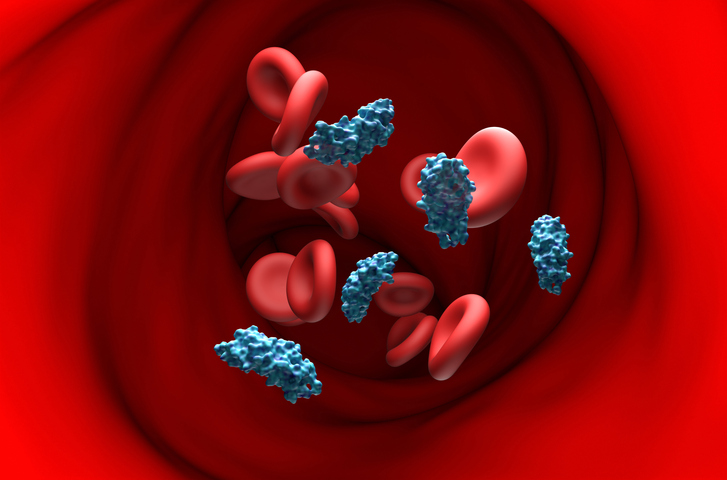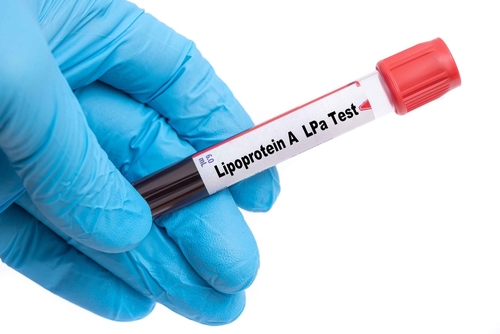
“The holistic person’s centered approach [to] type 2 diabetes management is … really about taking a step back and looking at the full picture rather than adding more medications,” said Dr. Vanita R. Aroda, an associate professor of medicine at Harvard Medical School and director of diabetes clinical research at Brigham and Women’s Hospital. Dr. Aroda and her team reviewed 8000 publications from the past 3 years and highlighted 3 important debates on women’s cardiometabolic health. They shared their findings at the 2023 Women’s Cardiometabolic Health and Wellness Masterclass.
The focus of the first debate was whether starting type 2 diabetes management with metformin is always necessary, or if cardiorenal risk-reducing agents can be a viable alternative. A meta-analysis of event-driven, randomized, placebo-controlled SGLT2 inhibitor (SGLT2i) trials that reported cardiovascular, kidney, or mortality outcomes by baseline metformin use included 6 trials on 4 SGLT2is that enrolled a total of 51,743 participants. Dr. Aroda and colleagues found that treatment with SGLT2is reduced the risk of major adverse cardiovascular events (MACE) with and without concomitant metformin use (hazard ratio [HR], 0.93; 95% CI, 0.87-1.00 and HR, 0.82; 95% CI, 0.71-0.86, respectively; P-heterogeneity=.14).1,2
The second debate focused on choosing between GLP-1 RA inhibitors, SGLT2is, or both. Dr. Aroda explained how these 2 classes of medications work differently to encompass the full cardiometabolic picture. A total of 77,242 patients from trials on GLP1-RA and SGLT2 inhibitors were included in a systematic review and trial-level meta-analysis of GLP1-RA and SGLT2i cardiovascular outcomes. Using the PubMed and EMBASE databases, researchers found both drug classes reduced MACE in a similar magnitude, with GLP1-RA reducing the risk by 12% (HR, 0.88; 95% CI, 0.84-0.94; P<.001) and SGLT2i reducing the risk by 11% (HR, 0.89; 95% CI, 0.83-0.96; P=.001). SGLT2i showed more renal-protective effects.3
The third debate tackled the timing of introducing these agents. Dr. Aroda discussed 2 studies that showed 70% of participants did not have established atherosclerotic cardiovascular disease (ASCVD) but did have risk factors. The REWIND1 study included 9901 participants (mean age, 66 years; median HbA1c, 7.2%) who were randomly assigned to receive dulaglutide or placebo. The composite end point of nonfatal myocardial infarction, nonfatal stroke, or death from cardiovascular causes occurred in 12.0% of patients in the dulaglutide group and 13.4% in the placebo group (HR, 0.88; 95% CI, 0.79-0.99; P=.026).4 A total of 17,160 patients, including 10,186 without ASCVD, were followed for a median of 4.2 years in the DECLARE2 study. Results of that study showed treatment with dapagliflozin resulted in a lower rate of cardiovascular death or hospitalization due to heart failure in patients with type 2 diabetes who had or were at risk for ASCVD.5
“For the first time, there are 4 simultaneously equally important goals for adults with type 2 diabetes: managing the glycemia, supporting weight management, cardiovascular risk factor management, and appropriate use of cardiorenal protective agents,” Dr. Aroda concluded. A holistic approach that incorporates the various available agents is crucial to achieving these management goals.
References
- Neuen BL, Arnott C, Perkovic V, et al. Sodium-glucose co-transporter-2 inhibitors with and without metformin: a meta-analysis of cardiovascular, kidney and mortality outcomes. Diab Obes Metab. 2021;23(2):382-390. doi:10.1111/dom.14226
- Tsapas A, Karagiannis T, Avgerinos I, Liakos A, Bekiari E. GLP-1 receptor agonists for cardiovascular outcomes with and without metformin. A systematic review and meta-analysis of cardiovascular outcomes trials. Diabetes Res Clin Pract. 2021;177:108921. doi:10.1016/j.diabres.2021.108921
- Zelniker TA, Wiviott SD, Raz I, et al. Comparison of the effects of glucagon-like peptide receptor agonists and sodium-glucose cotransporter 2 inhibitors for prevention of major adverse cardiovascular and renal outcomes in type 2 diabetes mellitus. Circulation. 2019;139(17):2022-2031. doi:10.1161/CIRCULATIONAHA.118.038868
- Gerstein HC, Colhoun HM, Dagenais GR, et al. Dulaglutide and cardiovascular outcomes in type 2 diabetes (REWIND): a double-blind, randomised placebo-controlled trial. Lancet. 2019;394(10193):121-130. doi:10.1016/S0140-6736(19)31149-3
- Wiviott SD, Raz I, Bonaca MP, et al. Dapagliflozin and cardiovascular outcomes in type 2 diabetes. N Engl J Med. 2019;380(4):347-357. doi:10.1056/NEJMoa1812389







 © 2025 Mashup Media, LLC, a Formedics Property. All Rights Reserved.
© 2025 Mashup Media, LLC, a Formedics Property. All Rights Reserved.